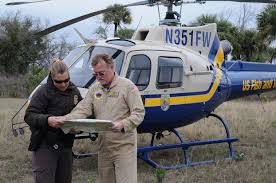5 Careers that Help Animals (Wildlife Edition)
As a kid, I would have told you quite proudly that I was going to be an “animal saver.” My mom stopped pressing me about it after the 1000th lizard I rescued (by rescuing I mean bringing into the house as my new pet). Flash forward 20 years and while I’m not technically an “animal saver,” I do have the privilege of working to help zoo animals and wildlife. If you find yourself thinking about becoming an animal saver, keep reading to find 5 careers that help animals.
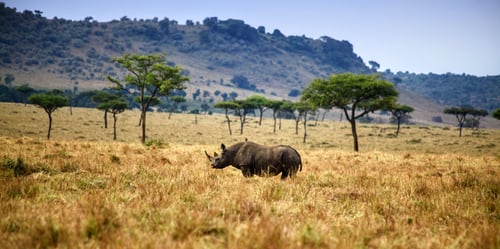
Zoo/Wildlife Veterinarian: Zoo and Wildlife veterinarians are critical to the longevity of non-domestic species (i.e. rhinos, elephants, birds, and everything in between). This job will be different everyday, and you will work with species you dreamed about as a child! From diagnosis to surgery, veterinarians wear lots of hats and are the backbone of conservation and zoos. Talk about a diverse careers that helps animals! How do you become a zoo/wildlife vet? Veterinarians typically obtain their undergraduate degree, followed by four years of veterinary school, and then fulfill their residency requirements which can take up to four more years. Want to learn more? Check out the American Association of Zoo Veterinarians website here.
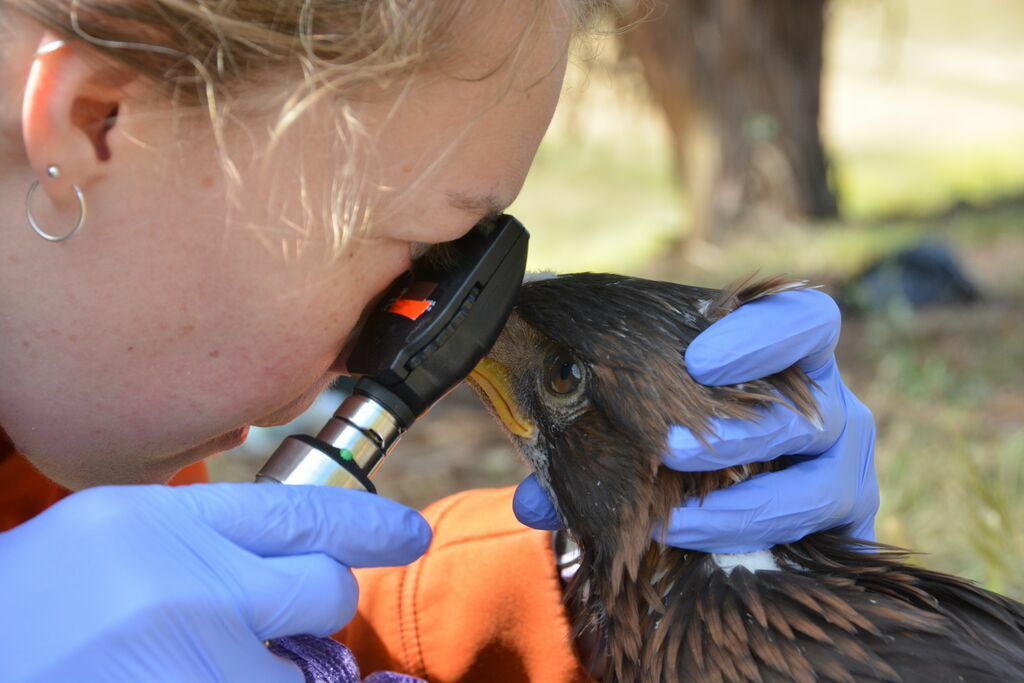
Wildlife Biologist: If you love animals and research, becoming a wildlife biologist is an incredible way to make an impact. These animal lovers are responsible for: tagging and tracking species, studying ecosystems, writing research papers, studying zoonotic diseases, and much more. You can become a wildlife biologist with an undergraduate degree, but more job opportunities open up when you obtain your master’s or doctorate. Like a veterinarian, wildlife biologists typically wear many hats but the reward is immeasurable.
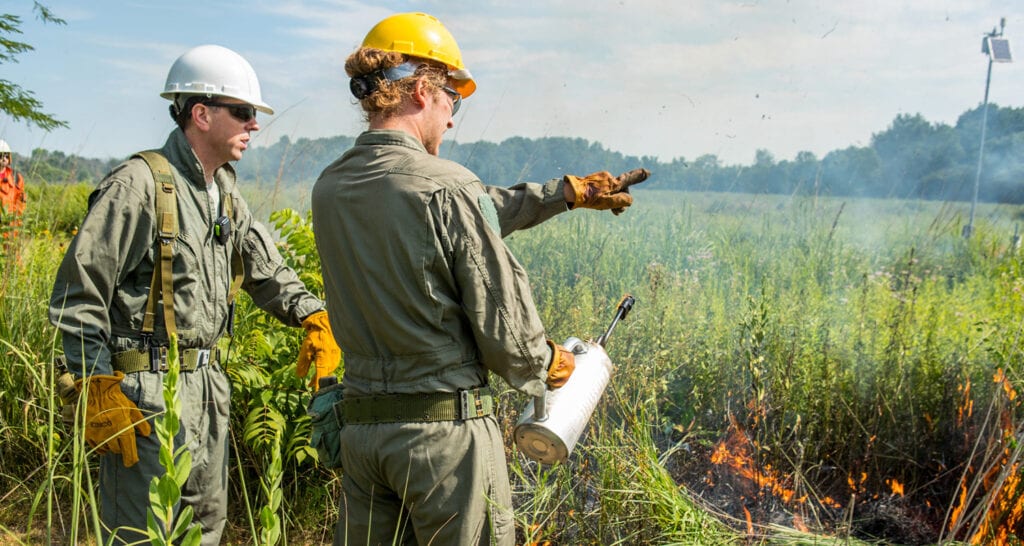
Zoo Curator: No, this does not mean you pick the artwork for the zoo. A zoo curator is responsible for overseeing the animal collection, manages staff/faculty, selecting and acquiring animals for the zoo, supervising exhibits, and overall ensuring animal and faculty safety. Keeping with the theme of wildlife/zoo careers, a zoo curator’s day to day is never the same. So you want to be a zoo curator? You’ll need an undergraduate degree in wildlife biology, zoology, or related field. Zoo’s prefer a master’s or doctorate degree, and plenty of internship experience. Get curating!
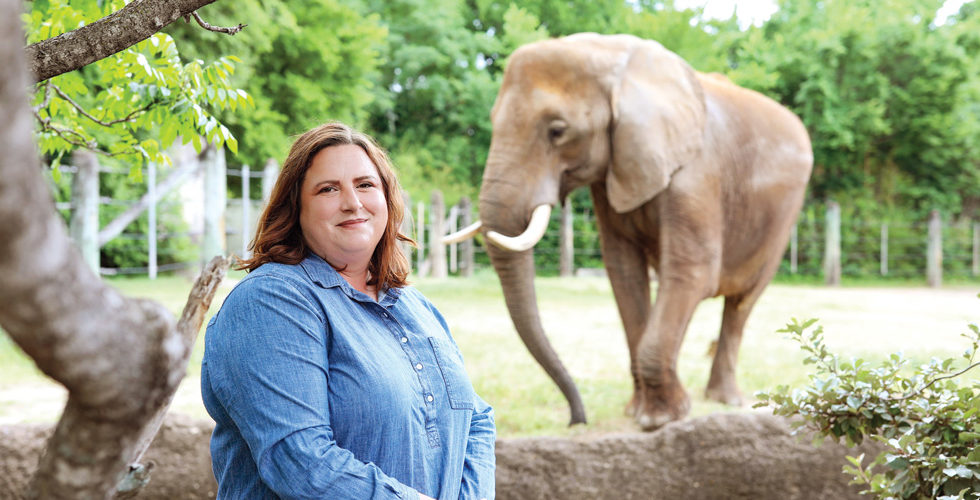
Fish and Game Warden: Want to enforce the rules that protect animals? Fish and game wardens are typically employed by the state or federal government. The wardens monitor and manage wildlife in their regions. The job responsibilities include investigating wildlife crimes, tracking poachers, managing wildlife populations, ensuring public safety from wildlife, managing populations, and more. In addition, fish and game wardens also oversee hunting regulations and licensing to make sure it’s being done safely and humanely. Two years of school is typically enough to apply, followed by a training academy that lasts anywhere from 3-12 months.
Staff for Zoo or wildlife nonprofit: Now it’s my time to shine! If science isn’t your forte, but you want to help animals, working for a zoo or nonprofit is perfect for you. While you won’t be handing animals or chasing down poachers, fundraising and raising awareness is an incredibly fulfilling job. Job responsibilities could include writing grant proposals, managing social media, administration, marketing, attending board meetings, planning events, fundraising and much, much more. From Administrative assistant to Executive Director, you will make a difference in the lives of zoo animals and wildlife. An undergraduate degree is typically preferred, but not always mandatory.
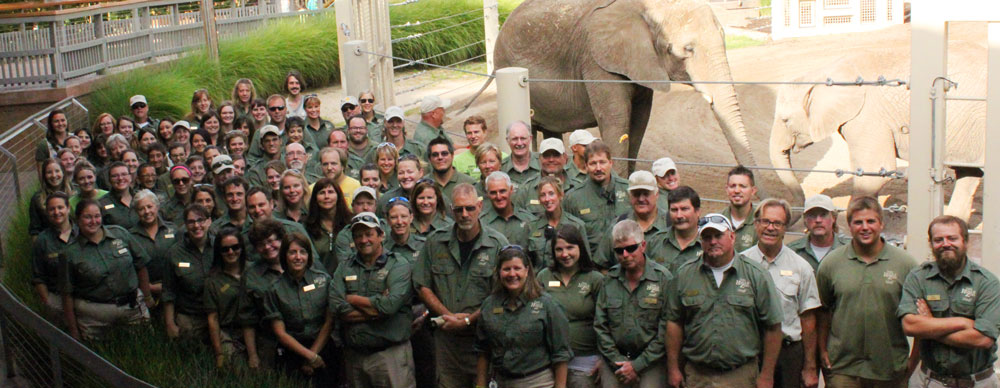
Feeling inspired?

